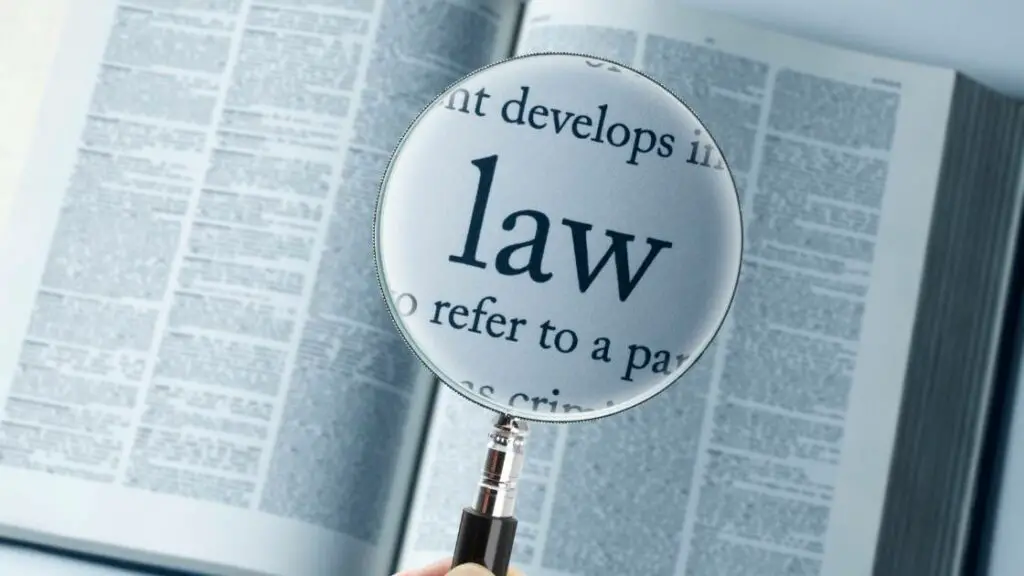If your landlord has shut off your water without letting you know, you’re undoubtedly distressed and are likely wondering if that’s even allowed.
After all, water is essential for living and shutting off access seems to go beyond the pale.
In this article, I am going to answer whether a landlord has the right to shut off your water and what you can do if this happens to you.
I will cover the legal principles governing this situation and offer you some concrete tips on how to deal with it, including potential legal remedies, resources and organizations you can enlist to help you, and what you can do in the meantime while your water is inaccessible.
If you don’t have the time to read through it all, here’s a short answer to the question:
Generally, a landlord may not shut off water except to make a needed repair or renovation, or in the event of an emergency. Nonpayment of rent or other lease violations are not a valid reason for shutting off water, and the landlord should seek relief for those issues through proper channels, like eviction proceedings.
Ok, let’s get into it.
The information contained in this post is for informational purposes only. It is not legal advice. You should seek the advice of a qualified legal professional before making any decisions relating to the topics covered by this article.
We may earn commissions from products and services that are purchased or recommended through our website as part of our affiliate partnerships. As an Amazon affiliate, we may earn from qualifying purchases.
What Does the Law Say?

As mentioned at the top, if you are embroiled in a dispute with your landlord and they shut off your water because they want to put pressure on you, that is widely banned across many states.
First, such an action violates the implied warranty of habitability.
That is basically a legal principle that states that the landlord promises to provide you a livable and safe dwelling during your tenancy, even if the lease does not specifically spell that out. Source.
In many cases, habitability is tied to whether the dwelling meets housing codes. Obviously, lack of working water is fundamental to habitability, so the landlord would not be meeting their obligation to provide a livable home.
If a landlord fails to provide water, this can be viewed as a form of “constructive eviction” where the tenant is forced out due to unlivable conditions. And this type of constructive eviction is not allowed in many jurisdictions.
Now some jurisdictions take a harder line than others when it comes to landlords using self-help remedies like shutting off the water to get back at tenants. For example, California absolute forbids a landlord from shutting off water for any reason and charges the landlord $100 per day the water if shut off.
Under Texas law, landlords are prohibited from turning off utilities paid for by a tenant unless the interruption is for bona fide repairs, construction or an emergency. Source.
Of course, other jurisdictions may take a different approach from either of these states.
To get a definitive answer, you will need to research the laws in your state and locality (or have a lawyer help you navigate through it).
If you prefer to have a lawyer assist you, I would try JustAnswer. They boast access to thousands of highly-rated, verified real estate lawyers whom you can connect with via their unlimited chat service.
By clicking the banner below, you can get a one week trial membership for only $5, which you can cancel at any time.

Is a Landlord Ever Allowed to Shut Off the Water?
As mentioned at the top, there are some generally accepted exceptions for when water can be shut off. Generally, the key exceptions are (i) for making repairs; (ii) for construction or renovations; or (iii) to address an emergency situation such as flooding, etc.
In the context of repairs or renovations, a landlord is typically required to give notice to the tenant before they shut the water off. The exact requirements will vary depending on your state and local rules, but they often range between 24 and 48 hours.
How Long Can a Landlord Keep the Water Shut Off?

As a general matter, the landlord should be allowed to shut off the water for as long as it takes to make the needed repairs, however, not having water is a habitability issue, so your landlord will need to either provide alternative habitable housing (motel, etc.) or some other method for making sure you are made whole.
The best bet here is to talk with the landlord about what arrangement makes the most sense for all involved. It is an absolutely unsuitable outcome if you are simply left without water for an extended period of time and the landlord has made no accommodations for this.
What Can I Do if the Landlord Has Shut Off My Water?
Try Diplomacy First
The first thing you should do is contact your landlord. Make sure it was deliberate and not an accident.
It might have been due to a needed repair, a misunderstanding, etc. They might have sent you notice and you did not get it. Many things could have occurred and not all of them are necessarily malicious.
Obviously, if you believe the landlord was in the wrong, you should try to work it out by being polite but firm. Use diplomacy as far as it will go because you want to avoid a legal dispute if you can.
Contact Tenant Rights Organizations or Your Local Housing Authority
Before taking legal steps, you may also want to reach out to your local tenants rights organization, who is experienced at helping people like you deal with this type of situation.
Alternatively, you can contact your local housing authority who can also take action against the landlord if he has done this in violation of law.
Explore Self-Help Options
Some jurisdictions allow you to withhold rent until essential services, like water, are restored. But bear in mind that not all states allow this type of remedy, so you should check your applicable laws to see if this type of remedy is permitted.
Withholding rent when it is not allowed can be cause for eviction, so you should be very careful before doing this.
Take Legal Action
If legal action is the only choice, you will want to document everything, including the time you discovered the water was off, all communications with your landlord, all relevant evidence that gives context leading up to the shut off and how the lack of water is impacting you (this goes toward proving damages).
Properly documenting this evidence will help you if you choose to escalate matters legally.
You can then look into finding a good lawyer to represent you. Make sure they are specialists in landlord-tenant law and have experience in helping clients with this type of issue.
What Can I Do in the Meantime?
All of the above steps can take some time, so what should you do while you are pursuing your remedies?
Start by making sure you have bottled water for drinking and washing. You can also reach out to friends or family members to help with showers or if you have access to a YMCA or other place with a shower, you should use that.
For laundry, you can ask friends or relatives, or just drive to your local laundromat.
If you live in an apartment, you can also talk with your neighbors to see if they are experiencing similar issues. If they are, you can present a united front, which can often lead to quicker resolution.
Final Thoughts
In conclusion, remember that you have rights as a tenant. When faced with an issue such as your landlord turning off your water, it’s crucial to understand the steps you need to take to protect your rights and ensure your living conditions meet legal requirements.
Knowledge is power, and understanding your local laws and regulations can make all the difference when dealing with a situation like this.

